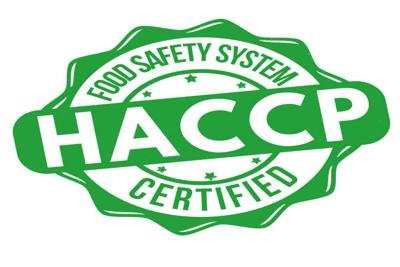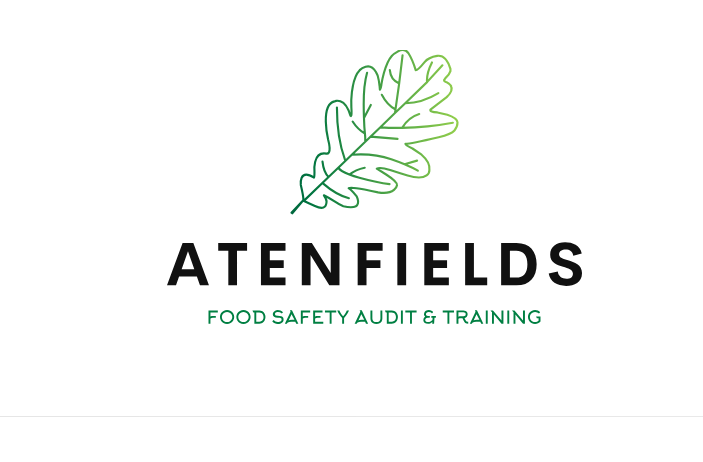The Hazard Analysis and Critical Control Points (HACCP) system is a science-based approach to food safety that prevents hazards in food production and handling. Rather than relying solely on end-product testing, HACCP focuses on identifying and controlling potential risks at every stage of food production, from raw materials to distribution. This proactive approach helps to prevent contamination, ensuring safer food products reach consumers.

In Kenya, HACCP is especially critical given the rise in demand for high-quality, safe food from both local and international markets. Kenyan consumers are increasingly aware of food safety issues, and businesses must meet these standards to gain consumer trust and comply with regulatory requirements. HACCP is not only a regulatory requirement for many types of food processing but also an effective tool for Kenyan businesses aiming to expand into regional and global markets.
Related Articles : The 7 Core Principles of HACCP: Brought to Life, Kenyan Case Studies.
The implementation of HACCP in Kenya, however, can be challenging, particularly for small and medium-sized enterprises (SMEs). The process requires trained personnel, detailed documentation, and consistent monitoring, which can be costly for businesses with limited resources. Recognizing these challenges, Atenfields Kenya supports local companies by offering specialized HACCP training, guidance, and auditing services tailored to Kenya’s unique market conditions.
Implementing HACCP involves seven key principles, starting with a hazard analysis to identify potential food safety risks. This is followed by determining Critical Control Points (CCPs) where risks can be controlled, setting critical limits, and establishing monitoring systems. If a CCP exceeds its critical limits, corrective actions must be in place to address any potential risks. Finally, verification and documentation are essential to ensure the HACCP system’s effectiveness.

Atenfields Kenya has helped numerous Kenyan companies implement HACCP, allowing them to meet food safety standards and gain the trust of major retailers. Atenfields offers training programs for staff at all levels, helping businesses develop a safety-conscious culture and adhere to the seven principles of HACCP consistently.
As technology advances, HACCP is evolving in Kenya to include digital monitoring systems, automated tracking, and data analytics to predict potential hazards. These technologies make HACCP more accessible and efficient, allowing even SMEs to implement it effectively.
For Kenyan food businesses, HACCP certification is not only a mark of safety but also a pathway to greater opportunities in local and international markets. By partnering with experts like Atenfields Kenya, companies can confidently navigate HACCP requirements and ensure their food products meet the highest safety standards.
Contact us to learn more about HACCP and how we can support your business in achieving food safety excellence.




